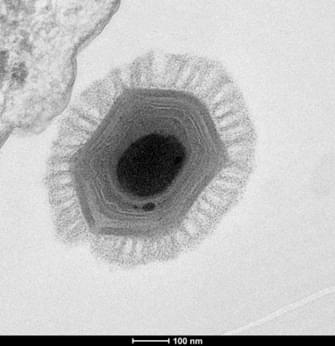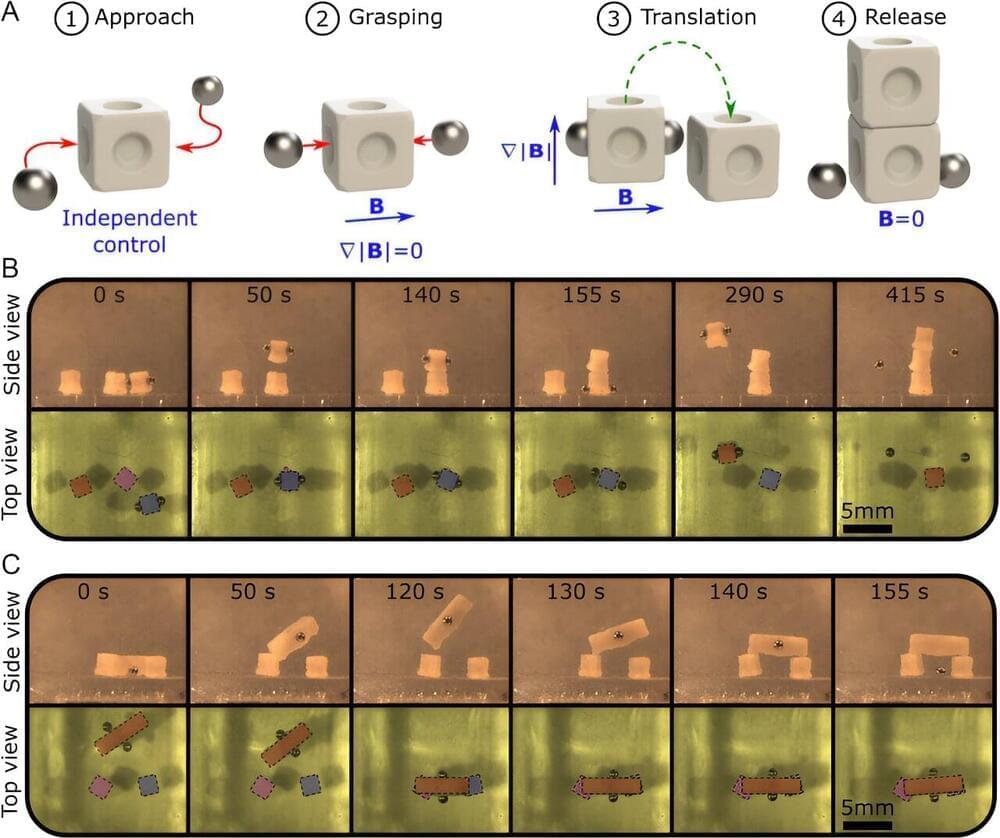The results of a human study carried out by an international research team have provided valuable new insights into the activity of the brain’s noradrenaline (NA) system, which has been a longtime target for medications to treat attention-deficit/hyperactivity disorder, depression, and anxiety. The study employed what the researchers claim is a groundbreaking methodology, developed to record real-time chemical activity from standard clinical electrodes implanted into the brain routinely for epilepsy monitoring.
The results offer up new insights into brain chemistry, which could have implications for a wide array of medical conditions, and also demonstrate use of the new strategy for acquiring data from the living human brain.
“Our group is describing the first ‘fast’ neurochemistry recorded by voltammetry from conscious humans,” said Read Montague, PhD, the VTC Vernon Mountcastle research professor at Virginia Tech, and director of the Center for Human Neuroscience Research and the Human Neuroimaging Laboratory of the Fralin Biomedical Research Institute at VTC. “This is a big step forward and the methodological approach was implemented completely in humans – after more than 11 years of extensive development.” Montague is senior, and co-corresponding author of the researchers’ published paper in Current Biology, which is titled “Noradrenaline tracks emotional modulation of attention in human amygdala.” In their paper the authors concluded, “By showing that neuromodulator estimates can be obtained from depth electrodes already in standard clinical use in the conscious human brain, our study opens the door to a new area of research on the neuromodulatory basis of human health and disease.”








